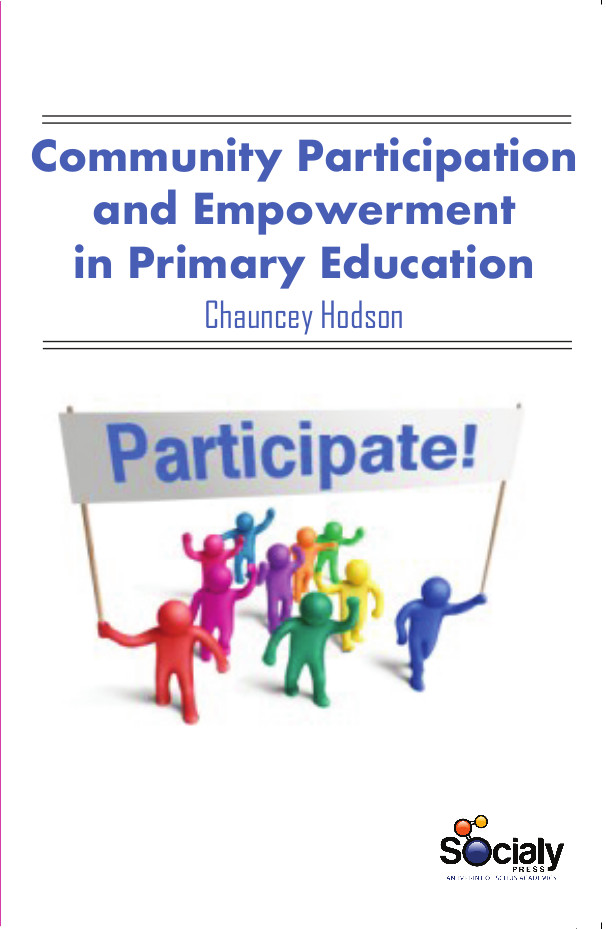It is widely acknowledged that community participation can play a significant role in promoting primary education. Community involvement in education is important for many reasons. It aids in the ability to identify local education issues and to develop strategies to resolve barriers that impede access and retention and compromise quality. Civic participation in the life of local schools also helps to ensure the relevance of the curriculum and its delivery. It can also be an effective component in monitoring the process and outcomes of education at multiple levels. In resource-constrained settings community participation can also serve as an effective means of advocating for and mobilising the resources needed to move towards a high-quality public system of education throughout the country. It also has the potential to increase awareness levels and to bring about improvements in health and living conditions. This has resulted in many efforts to bring community and school closer together as also to involve community members in the development of primary education programmes.
Community Participation and Empowerment in Primary Education covers a range of important issues including how community participation works in an environment characterized by deep-rooted socio-economic divisions; the equitable distribution of participation; identifying and defining the community; and ensuring the genuine representation of those who are traditionally excluded from decision-making in rural areas. It is aimed to explore how key stakeholders, e.g., teachers, parents and government officials, define community participation. The studies further intended to determine factors that aide or impede participation and to recommend ways to enhance the amount and quality of participation. This Book will be of valuable for all those involved with education, social work and the sociology of education. It will be of equal value to activists, administrators and NGOs.













